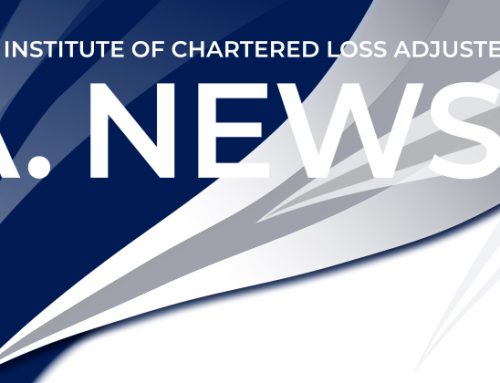I have recently been reflecting on the role of the loss adjuster; the independent (?) and impartial (?) facilitator of the claim, sitting between the insurer and the insured.
Are we independent and are we impartial? Leaving aside the legal distinction of independence and who pays our fees, I think that most of us would claim to act impartially. We would suggest that generally our role is not to get the lowest answer but, as far as is possible, to arrive at the fairest answer. We aim to get the adjustment right, in accordance with the particular policy we are instructed under, so that the insurer pays no more than it should, but that the insured receives no less than it should.
Saving an insurer $20,000 by depriving the insured of money it should have had is not actually a good adjustment. Some insurers might like paying less but it is not right. There are different ways in which this might manifest:
- Imagine a claim where the insured had submitted invoices and had mis-added them and had inadvertently under-claimed by $5,000. All other things being equal, would you point this out to the insured and prepare a final adjustment at a value higher than the insured had claimed?
- What if the insured had a clause in its policy that stated where the insured carried out repairs the insured is entitled to a reasonable allowance for profit, in addition to the labour and material costs? Again, assuming no other areas of disagreement; what if the insured, as most do, had simply submitted a schedule of hours and rates, and a list of materials with invoices, and had expected that to be the value of the claim (say $50,000). Would you go back to the insured and suggest to them that they should claim another 5% for profit, and report the adjustment to insurers at $52,500?
- Many policies have claim preparation costs cover that includes the insured’s own staff costs, and for preparation of the material damage claim not just the business interruption claim. If the insured had spent time preparing invoices but had not submitted a claim preparation costs claim, would you suggest that they do?
- Would the answer to any of these examples be different if the insured had engaged a professional claim preparer? Should it be?
Is there a difference between simply correcting an error, and including items of claim that the insured had “chosen” not to claim? (The reality being that most insured’s do not choose to omit costs, they don’t realise they can claim them).
If we are the loss adjuster acting impartially for the insurer, how will our client react if the insured claims $300,000 and we present an adjustment of a $300,000 claim at $330,000? Should the reaction of the insurer change what we think an impartial role consists of?
I am not suggesting any right or wrong answer, but it is an interesting area to think about – what does being an impartial loss adjuster actually entail?
Kind regards,
Leon Briggs, Chartered Loss Adjuster
President – AICLA




